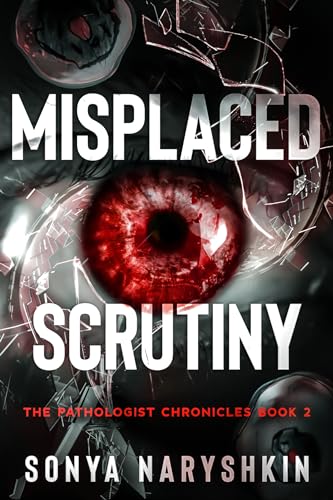This volume provides an in-depth discussion of Saul Friedlander's landmark two-volume history of the Holocaust, Nazi Germany and the Jews. It brings together a range of internationally acclaimed historians to address the manifold conceptual and historiographical issues raised in Friedlander's monumental work. It includes a major essay by Friedlander himself on the challenges of producing an integrated history of the Holocaust. The aim of this book is not simply to evaluate Friedlander's work on its own merits, but rather to use his text as a means of exploring the contours and future of Holocaust historiography. The central concern is to situate his work within the broader terrain of Holocaust studies and European history, as well as to explore the ways in which his book opens up new directions in the knowledge, study and understanding of the Shoah in particular and twentieth century genocide in general.


